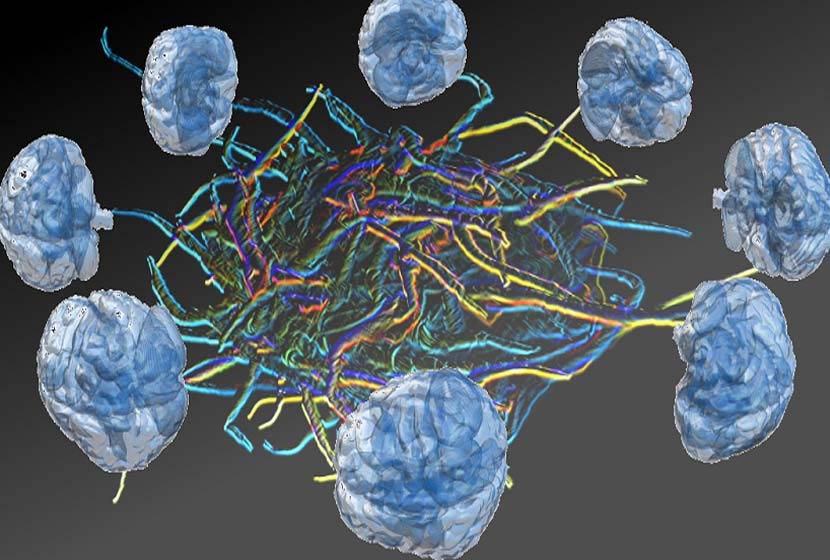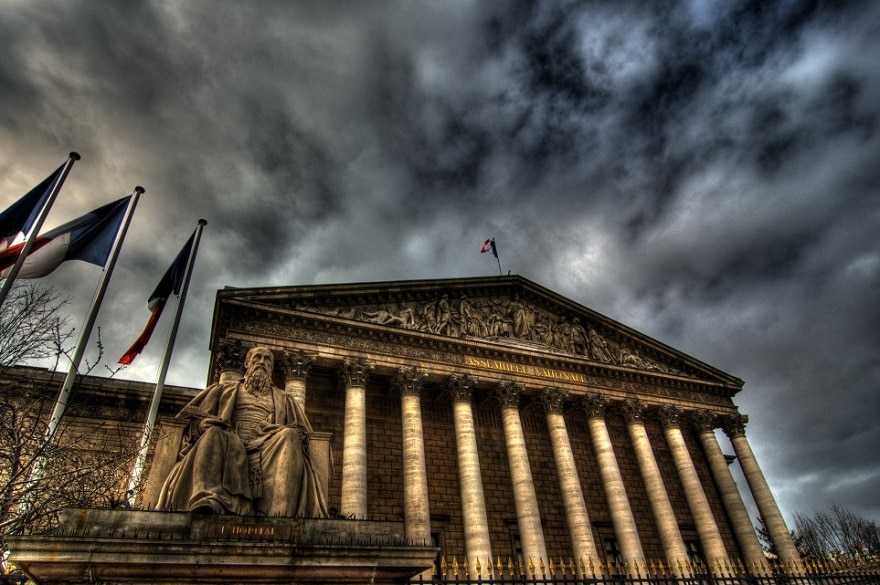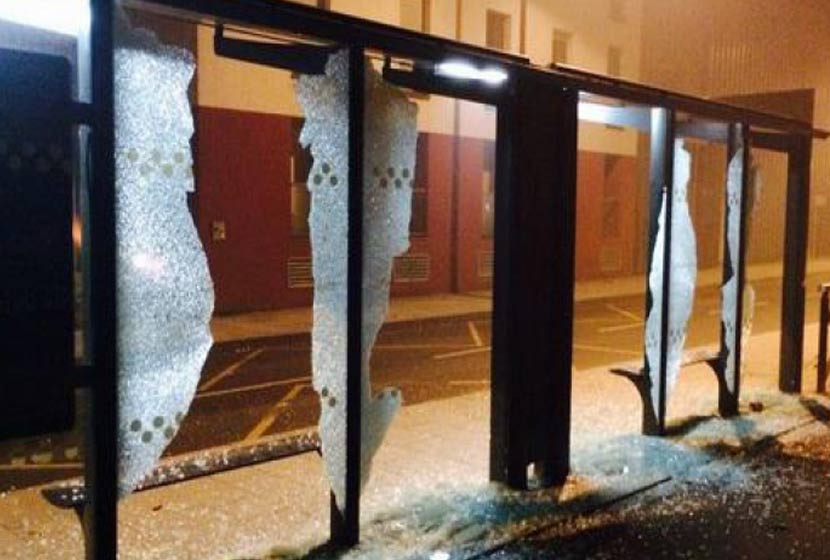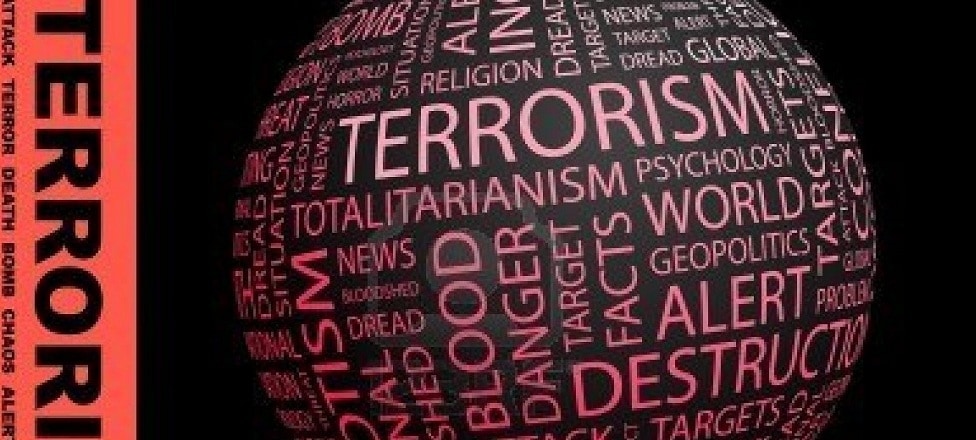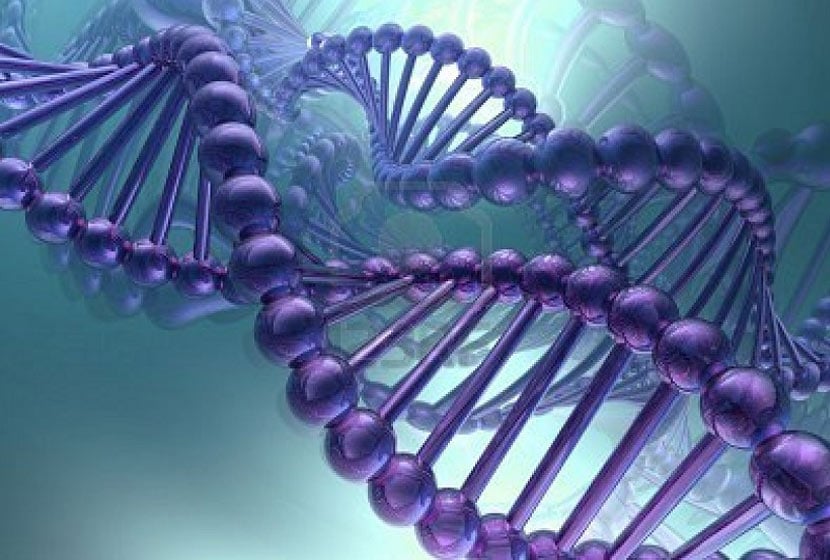Today, France is paying a justified tribute to the four passengers on the Thalys train who saved passengers from carnage by stopping and controlling a mad and heavily armed terrorist. Heroes! Claimed by all the world's media.
Heroism is a value that is not as highly prized in France as it may be in the United States. And yet.., François Hollande did not hesitate to summon her by declaring to the newly decorated "heroes of the Thalys" of the Legion of Honour: "Your heroism must be an example for many and a source of inspiration".
This return of the hero in our troubled times deserves a pause for reflection.
" The confrontation with reality has replaced heroic battles against fate. But let us remember, these epic battles are always tragic; for the hero is by definition tragic: for the Greeks, he only reaches the summit of Olympus after crossing the river Styx, the river that separates life from death. The Cornelian hero is proud, glorious, but he is unhappy, lonely and ends up corroded by his contradictions. The hero's life exceeds the possibilities of ordinary men; he cannot serve as a model to be imitated, but he is an inexhaustible reservoir ofexempla. Its heroic existence, by bringing together the aspirations and fantasies of the people, gives it a usefulness that is first historical and then social .
The hero recalls the tragic uncertainty of men and their pathetic need for divine or human transcendence. Hugo will make the hero the creator of an unfinished symphony, but also and above all a mystical prophet:
Always him! Him everywhere! Or hot or cold,
His image constantly shakes my thinking.
He pours the creative breath into my mind.
In his titanic struggle to reduce the world's uncertainty, the tragic hero has consumed himself there; there is his destiny. It was this sacrifice that brought him into history. However, the hero did not always get good press. Until the 18th century, the ancient hero was psalmodized; it is the sublime warrior who enchanted men and peoples. Rousseau, among the first, put a damper on this heroic enthusiasm by questioning the real virtues of this exceptional being who, compared to that of the wise man, weighs little: "All virtues belong to the Wise Man. The Hero compensates for those he lacks by the brilliance of those he possesses. […] There is therefore more solidity in the character of the Wise One and more brilliance in that of the Hero. »
The leading hero is a warrior, with a strong soul but also capable of turpitude. Voltaire will see in this figure only a "destroyer of provinces"; he will prefer the figure of the great man, one who excels "in the useful and pleasant". The Enlightenment refused to accept the exceptional character of statesmen. What is important is their character, pure and simple. History is certainly a factory of heroes, but at the same time it is the great men who make history. Jacques Julliard recalls Horace's formula " Humanum genus vivit paucis "Or Carlyle's words on the walls of the Library of Congress in Washington, D.C.: "Universal history is really the history of great men. The end of the tragic heroes then opens the doors of the Pantheon to great men, princes of Progress and Civilization, as a token of gratitude to the Homeland.
Deep down, the people need heroes to love. Plato in his Cratyle had already noticed this natural impulse hidden behind the words: heros and eros, love, have the same origin. This weakness of men for the greatest among them is superbly rendered by Brecht in Andrea's brief dialogue, mortified that Galileo, his master, has recanted:
ANDREA: --- Woe to the country that has no heroes!
GALILEE: -- Blessed is the country that needs heroes.
The ancient hero, like the great monumental man of History, are both seen as exceptional characters because they summon interest and often passion. It does not matter what their glory is based on: war, art, science. They attract by their brilliance, they exert on us ordinary men a "call" as Bergson thought.
The hero is always at the top: of the pyramid, power or glory. He gives himself to be seen and seen by all. The hero needs eminences; the higher his position, the wider the space on which he carries his power. Feuerbach used to say that "seeing is a divine act"; to embrace the gaze is a privilege of power: that of feudal lords reigning from the towers of their castles like that of kings, equal to the sun. And if some men aspire so much to power, it is also for this heroic and tragic investment of office. Psychoanalysts will see this as a kind of "fixation on the phallic stage".
The hero is the saviour of an entire people, drunk with power and pride. Alain describes this tension of the hero, this extraordinary individual, the whole body erect, burning in action: " Continually he invents; he tends there; everything else bores him. ...] This sacrifice according to order, this strength in danger, this joy in difficult action [...] In the time of a flash he makes up his mind; he does not think backwards as you always do, you spectator; he thinks ahead, starting from what he wanted. ...] He thinks of the danger; the rest is close; if the obstacle is human, woe betide the obstacle.. "However, in a brief but eloquent restatement of reason, Alain concludes: " Let us admire and despise... ». Certainly the hero shines, but let us be careful that his brilliance does not blind us. »
Excerpt from Creative Politics! by Gérard Ayache, UP' Editions
Photo Michel Euler/AP/SIPA
Login
0 Comments
Inline Feedbacks
View all comments


